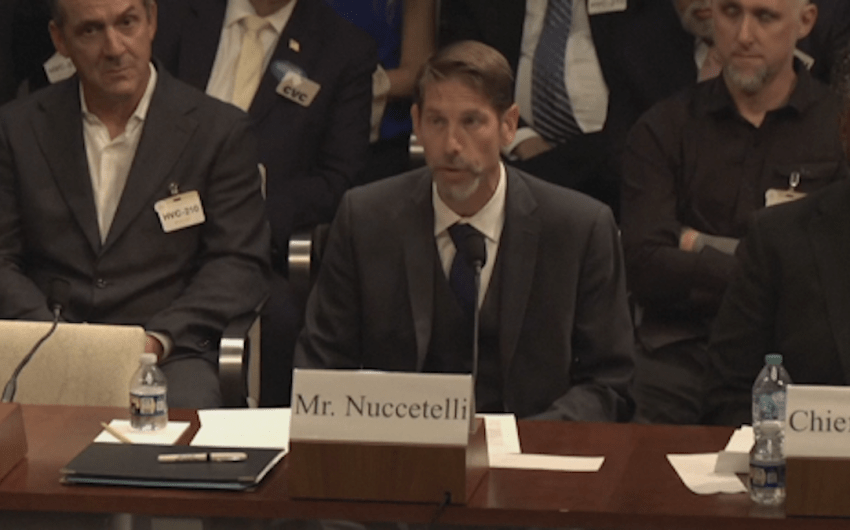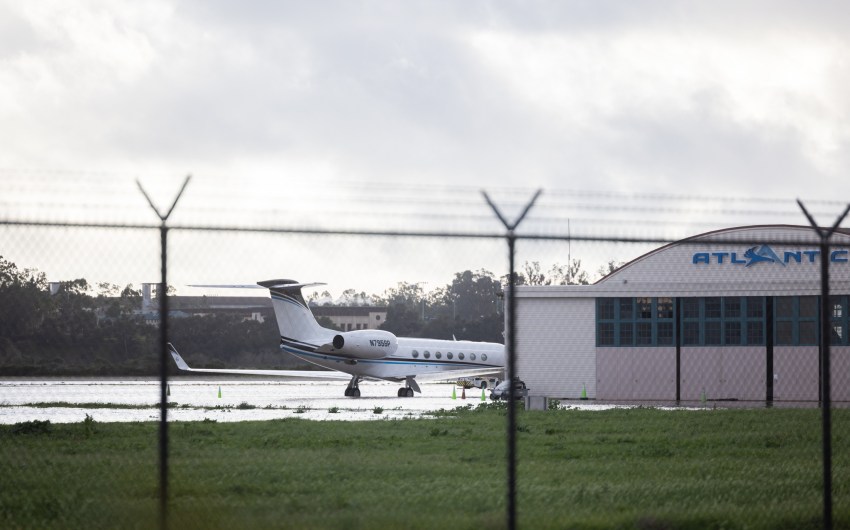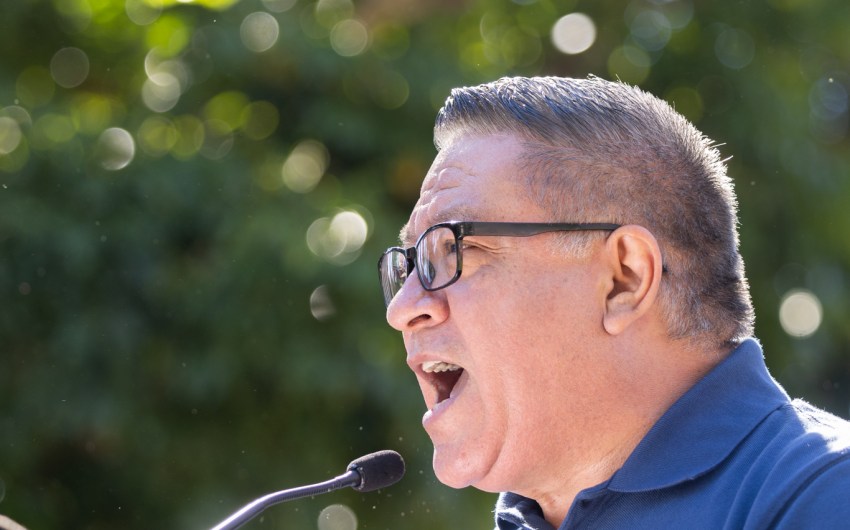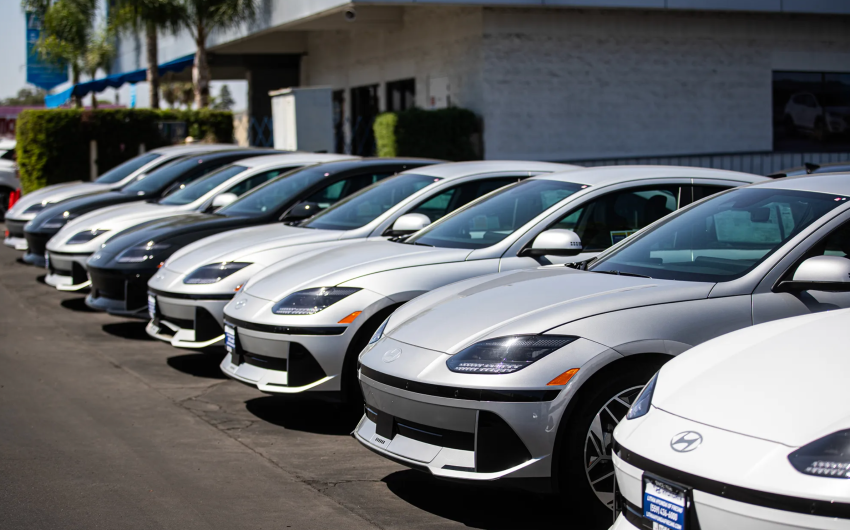Within the current framework of increasing global tensions, the nations of the world achieved a rare unity in reaching a landmark agreement to fund the conservation of life — the Kunming-Montreal agreement. For the first time, a global plan to finance the protection of endangered species and delicate ecosystems was adopted with specifics hammered out during 2024. It was a struggle to achieve consensus because of deep disagreements between wealthy and developing countries on funding. Persistence paid off, however.
Financing has long been a contentious matter in international environmental negotiations, but Brazil was central in presenting a compromise sensitive to perspectives held on all sides. Under the agreement, wealthier nations will contribute $30 billion annually for the preservation of ecosystems in poorer countries. The goal is to reach a $200 billion annual amount by 2030. The ambitious goal of the agreement is to halt the destruction of nature by 2030 and to protect 30 percent of the world’s land and seas by that date.
Fifty percent of the money will be allocated to indigenous peoples and local communities, recognizing their role as custodians of biodiversity. The deal also strengthens accountability ensuring that countries follow through on their biodiversity and conservation commitments.
The U.S. is the only country not a part of this agreement, mostly because of the near impossibility in recent decades of garnering the required two-thirds vote in the Senate for any multinational treaty. Biotech companies have opposed the agreement, fearing that they might have to share their intellectual property related to genetics with other countries. For similar reasons, pharmaceutical giants have resisted the treaty.
Another recent agreement that could assist the funding for protecting nature is by the G20 finance ministers and central bankers to levy a wealth tax on the super-rich. Their joint statement committed their countries “to engage cooperatively to ensure that ultra-high-net-worth individuals are effectively taxed. Despite the consensus, considerable differences exist over the plan’s practicality and implementation. Key questions are who would monitor the plan and how would the tax be imposed.
Again, Brazil has been at the forefront, this time promoting a wealth tax to address climate change and the reduction of poverty. Currently, billionaires pay 0.3 percent of their wealth in taxes. Brazil’s President is advocating for a minimum of 2 percent. This would generate between $200 and $250 billion annually. Since the Trump Administration is pushing even greater tax breaks for the wealthy, it is unlikely it will support this effort.
While the G20’s agreement on a wealth tax is a huge step forward, the difficulty is to turn the theoretical consensus into a practical reality.









